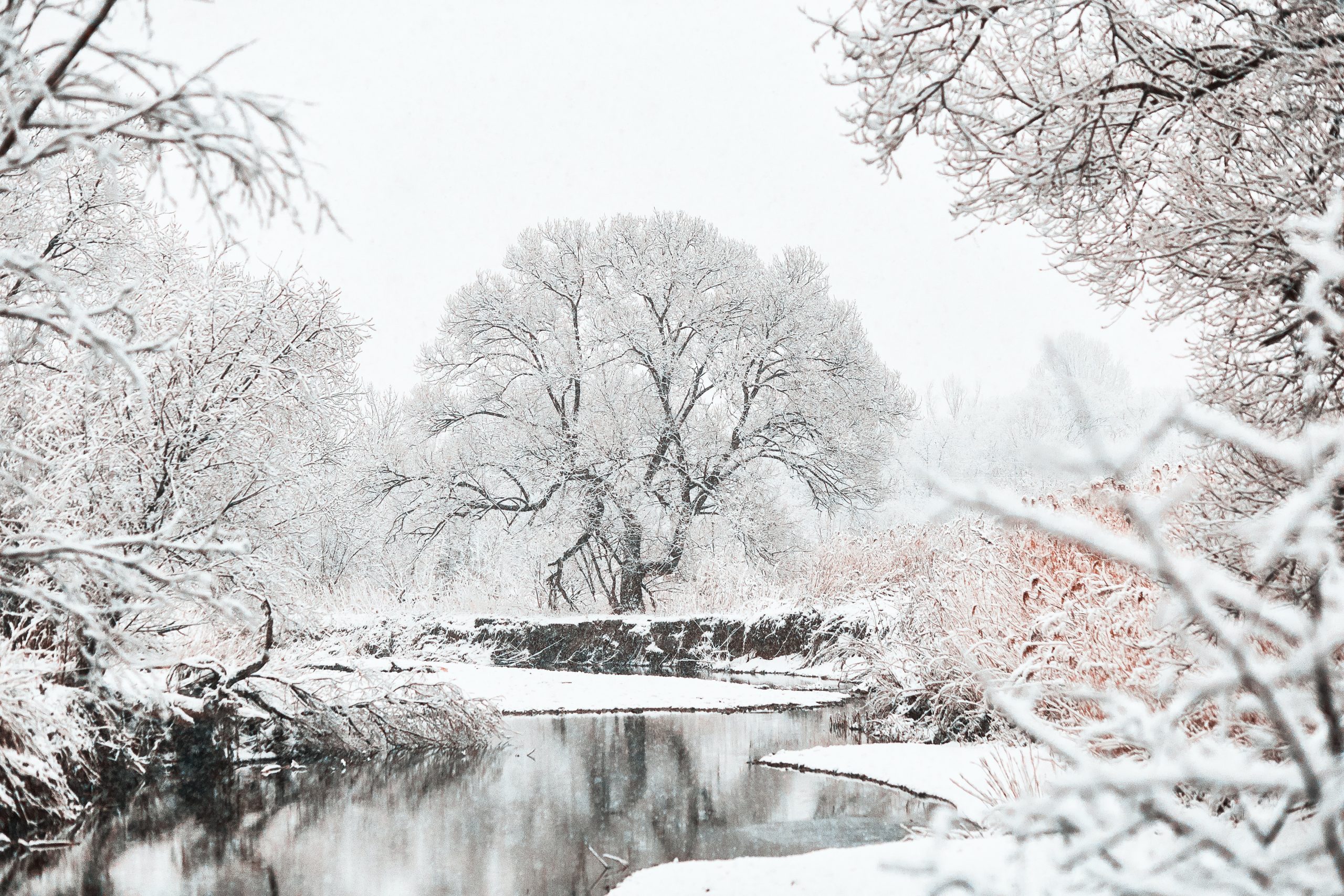Snow forecasting is tricky due to various meteorological factors and the UK’s erratic winter weather. To achieve accurate weather forecasts, particularly in predicting snow, we must consider air temperature, atmospheric conditions, and geographical influences. Let’s dive into why forecasting snow is complex and what makes snow in the UK especially challenging to predict.
The Fundamentals of Snow Forecasting
The primary factor in determining whether precipitation will fall as snow, rain, or sleet is air temperature. When warm air meets cold air from cold winter weather fronts, the type of precipitation that forms depends on the temperature at different atmospheric layers. For snow to fall, temperatures must be below freezing from the clouds to the ground. However, if there is a layer of warm air, snowflakes can melt into raindrops or re-freeze into sleet, complicating the snow forecast.
Weather forecasts for snow involve understanding how warm and cold air masses interact. When easterly winds or northerly winds bring cold air from polar regions, the likelihood of snowfall increases. Conversely, when warm air from the west hits cold air, it can lead to rain instead of snow. This dynamic makes predicting snow, especially in regions like the UK, a complex task.
Geographical Influences on Snow Forecasting
The UK’s weather is influenced by its geographical location and the surrounding bodies of water. The presence of cold, northerly, or easterly winds and milder, westerly winds creates an unpredictable winter climate. UK weather forecasters must consider these factors to predict snow accurately. The variability in weather patterns makes it difficult to predict snow confidently, leading to uncertain forecasts.
Local geography also plays a significant role in snow forecasting. Areas with higher elevations tend to experience more snowfall due to colder temperatures at higher altitudes. Coastal regions, influenced by the sea, might see less snow due to the moderating effect of water on air temperature. Predicting snow in the UK requires a detailed analysis of these local climatic variations.
Challenges in Predicting Snowfall
Heavy precipitation can lead to significant snowfall, but predicting the intensity and type of precipitation is challenging. Weather forecasting models must account for numerous variables, including moisture content and atmospheric pressure, to predict whether precipitation will fall as snow, rain, or sleet. This complexity often results in weather forecasts that tend to err on the side of caution.
The freezing level, or the altitude at which the air temperature drops below freezing, is crucial in determining whether snow will reach the ground. If the freezing level is too high, snow melts before reaching the surface, leading to rain or slush instead. This ice slush nightmare can create hazardous conditions and complicate weather forecasts.

Advanced Techniques in Snow Forecasting
Modern weather forecasting relies on advanced technology, such as satellites, radars, and computer models, to provide accurate snow forecasts. These tools allow meteorologists to monitor weather patterns in real time and predict widespread precipitation with greater precision. However, even with sophisticated technology, predicting snow remains a challenge due to the inherent variability in weather conditions.
Continuous monitoring of weather conditions is essential for accurate snow forecasting. Weather forecasters use live data to update predictions and provide timely forecasts. This real-time approach helps predict extreme weather events and issue warnings for wintry weather conditions.
Practical Implications of Snow Forecasting
Accurate snow forecasts are crucial for public safety and daily life. Snow reports help individuals and organisations prepare for wintry precipitation, reducing the risks associated with snowstorms and icy conditions. Reliable weather forecasts enable timely snow removal and gritting services, ensuring safer travel and minimising disruptions.
Given the unpredictable nature of British winters, where colder weather and mixed conditions are common, it is essential to approach weather forecasts with caution. Watching weather forecasts regularly and treating forecasts as guides rather than certainties can help individuals and communities better prepare for winter weather. Forecasters predict rain more accurately than snow, so being prepared for sudden changes in weather conditions is advisable.
Understanding the Challenges of Forecasting Snow
Snow forecasting is a complex and challenging aspect of weather prediction. The interaction between cold and warm air, geographical influences, and the inherent variability in weather patterns make it difficult to predict snow confidently. Advanced technology and continuous monitoring have improved weather forecasting, but uncertainties remain, particularly in regions like the UK with erratic winter weather. Understanding these complexities and preparing for unpredictable weather can help mitigate the impacts of snowstorms and ensure safer, more informed responses to wintry conditions.
Understanding the complexities of snow forecasting can help you stay prepared for the unpredictable winter weather. Stay informed by watching weather forecasts regularly and following updates from reliable sources. Whether you’re planning your daily commute or ensuring your business is ready for winter, accurate weather predictions are crucial.
If you have any questions or need professional snow removal and gritting services, get in touch with us today. Our team at AccuGrit is here to help you navigate the challenges of winter weather and keep you safe. Contact us now to learn more!


